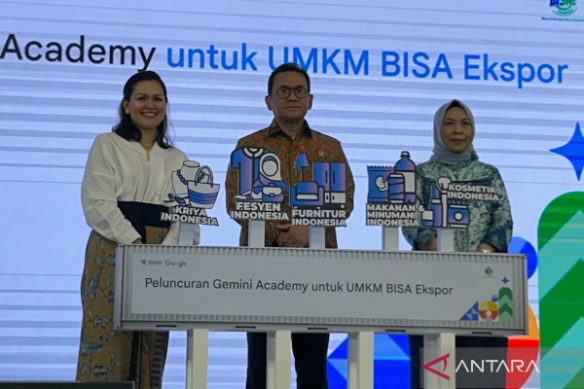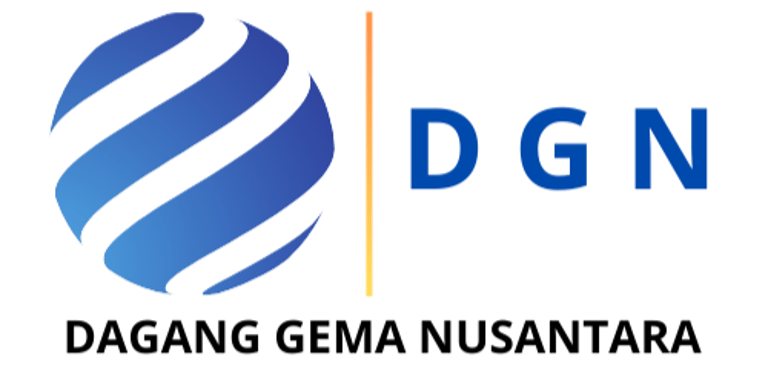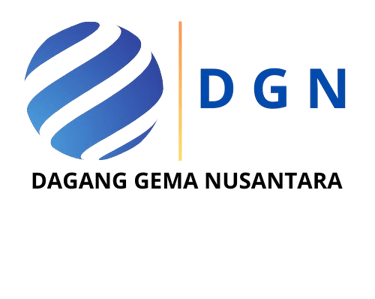
News
Presenting news about the business and trade climate in Indonesia.
1/10/20254 min read



Bisnis.com, JAKARTA — The government has targeted excise tax revenue from packaged sweetened beverages (MBDK) to reach IDR 3.8 trillion this year. The excise tax is expected to be imposed in the second half of 2025. The so-called "sin tax" target for sweetened beverages was set by President Prabowo Subianto in Presidential Regulation (Perpres) Number 201/2024 concerning the Detailed State Budget (APBN) for the Fiscal Year 2025. In Appendix I of the APBN Details for 2025, total tax revenue is projected to be IDR 2,490.91 trillion next year, with one of the 35 tax sources being the MBDK excise tax amounting to IDR 3.8 trillion.
The implementation of an excise tax on sweetened beverages had actually been planned for years. For example, through Presidential Regulation 76/2023, the government had already set a target for the MBDK excise tax at IDR 4.39 trillion in 2024, but that policy never took effect. The discussion on imposing an excise tax on sweetened beverages resurfaced this year, accompanied by a statement from the Directorate General of Customs and Excise of the Ministry of Finance that the MBDK excise tax will be enforced at least in the second semester of 2025.
Nirwala Dwi Heryanto, Director of Communication and User Guidance at the Directorate General of Customs and Excise, explained that the implementation is essentially already provided for in the APBN Law for 2025. "If everything goes according to schedule, it will be in the second semester—semester II/2025," he said during a media briefing at the DJBC office in Rawamangun, Jakarta on Friday (January 10, 2025). In anticipation of the implementation, the government still needs to prepare a series of derivative regulations, such as Government Regulations (PP), Minister of Finance Regulations (PMK), and Director General Regulations (Perdirjen).
According to Nirwala, the main purpose of imposing the excise tax on sweetened beverages is to reduce the consumption of additional sugar. The excise tax will not target sugar found in primary consumption but will impose the tax based on a set minimum threshold of sugar content in a product for it to be liable for the sweetened beverage excise tax. "For primary consumption—like rice, which also contains high amounts of sugar—the emphasis here is on reducing additional sugar consumption," Nirwala explained.
Akbar Harfianto, Sub-Director for Excise Tariff and Base Price at DJBC, noted that his team is still studying the scheme planned for the second semester of 2025. This scheme consists of imposing an excise tax at the industry, factory, or company level (on-trade for MBDK) and an excise tariff at the retail level (off-trade). "Which one will be applied is still under technical discussion. We will certainly consider the administrative burden relative to its impact," Akbar said.
In setting the tariff for beverages with added sweeteners, Akbar mentioned that they will refer to similar implementations in other countries. Additionally, the additional sugar threshold—determining which products are exempt from or subject to the excise tax—is still under development by examining examples from other nations. Together with the Ministry of Health and the National Agency of Drug and Food Control (BPOM), they will establish these provisions. Akbar assured that his agency promises not to impose an overly burdensome load on the affected parties at the initial implementation. "If the tax is high, we will certainly not impose too heavy a burden at the start," he clarified.
(Surya Dua Artha Simanjuntak)
"Sweetened Beverage Excise Tax Target Becomes Clearer"
Source:
Bisnis.com -Title: "Target Pengenaan Cukai Minuman Manis Makin Jelas", https://ekonomi.bisnis.com/read/20250111/259/1830706/target-pengenaan-cukai-minuman-manis-makin-jelas.
Writer : Annasa Rizki Kamalina - Bisnis.com

Trade Minister calls on SMEs to use AI to boost exports
Friday, February 21, 2025


Jakarta (ANTARA) – Indonesian Trade Minister Budi Santoso has urged micro, small, and medium enterprises (MSMEs) to leverage technology—among which artificial intelligence (AI) plays a key role—to enhance their business capabilities and penetrate export markets.
Budi stated that using AI can help MSMEs gather information related to target markets, destination countries for exports, foreign trade regulations, and even product designs that capture consumers' attention.
According to him, during the launch of Gemini Academy at the Ministry of Trade office in Jakarta on Friday, MSME players had the opportunity to explore various aspects of business and management.
"So, when MSMEs explore, it means they dare to innovate, are ready to adapt, and when we talk about daring to innovate, we refer to their resource base. Therefore, if MSMEs want to explore, their resource base must be strong—they must be competitive, have good management, and ensure product sustainability," said Budi.
He further explained that the use of AI can shorten the time needed to access information, making it faster and easier.
Additionally, the ease of access is believed to increase the number of entrepreneurs, thereby boosting Indonesia's entrepreneurship ratio, which currently stands at only 3.47 percent.
This figure is still low compared to Malaysia and Thailand, which have ratios above 4 percent. With an increased entrepreneurship ratio, the aspiration for Indonesia to become a developed country by 2045 can be realized.
"If we look at Malaysia and Thailand, they are already above 4 percent. Singapore is at 8.6 percent, whereas the benchmark for becoming a developed country is an entrepreneurship ratio of around 10 to 12 percent," Budi added.
The Ministry of Trade (Kemendag) has three priority programs: expanding export markets, securing the domestic market, and enhancing MSMEs' export capabilities.
In addition, Kemendag also facilitates business matching by introducing its products to prospective buyers.
In January 2025, 32 business matching sessions were held, resulting in trade contracts worth 5.2 million US dollars. This activity will be carried out routinely every month.
Source: ANTARA
Reporter: Maria Cicilia Galuh Prayudhia
Editor: Abdul Hakim Muhiddin


